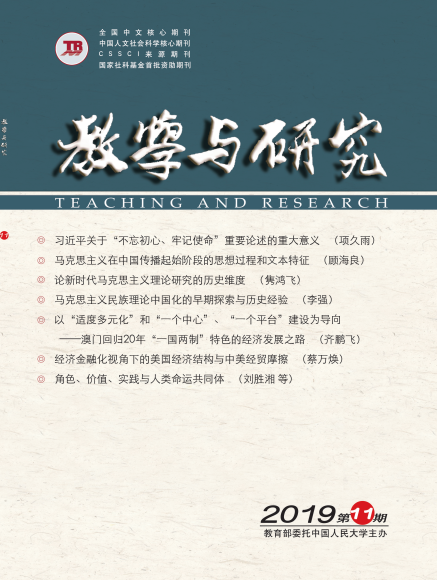Xi Jinping's important exposition on “never forget the original heart and remember the mission” reflects Xi Jinping's theoretical thread, practical theme and value
tenet of socialism with Chinese characteristics in the new era. From the perspective of “big history”, there is an inseparable connection between “never forget the original heart and remember the mission” and the symbolic historical moments such as the founding of the Communist Party of China for nearly 100 years, the founding of New China for 70 years, the reform and opening up for 40 years, and the new era of socialism with Chinese characteristics, which reflects a strong historical connotation. Starting from the theoretical meaning of Marxism, “never forget the original heart and remember the mission ” shows the theoretical stipulation and requirements of Marxist mass view, Marxist party view and Marxist cultural view, showing a profound theoretical vision. Starting from the process of China's reform and development in the new era, “never forget the original heart and remember the mission” is of great practical significance for carrying out great struggle, building great projects, advancing great undertakings and realizing great dreams.



